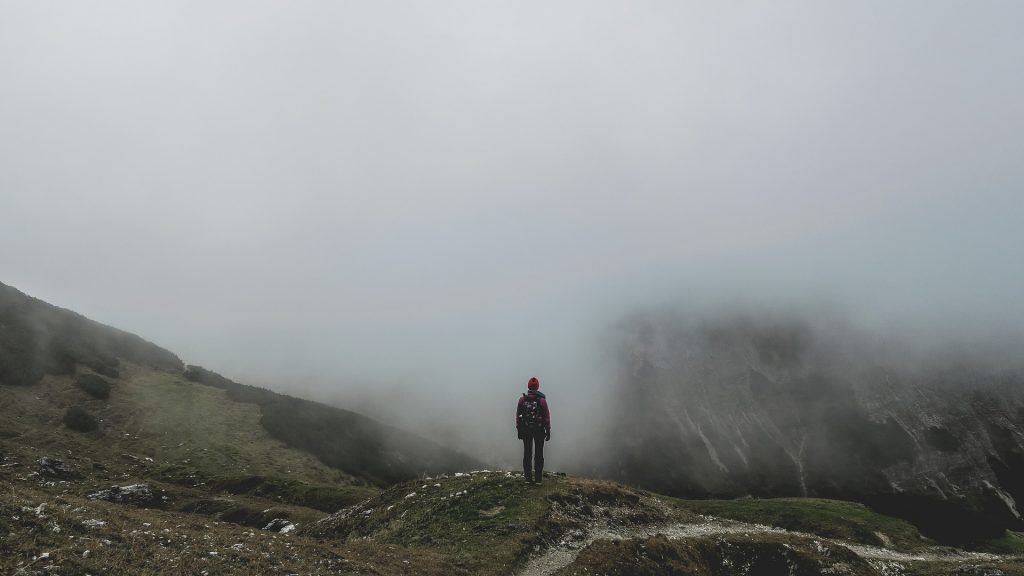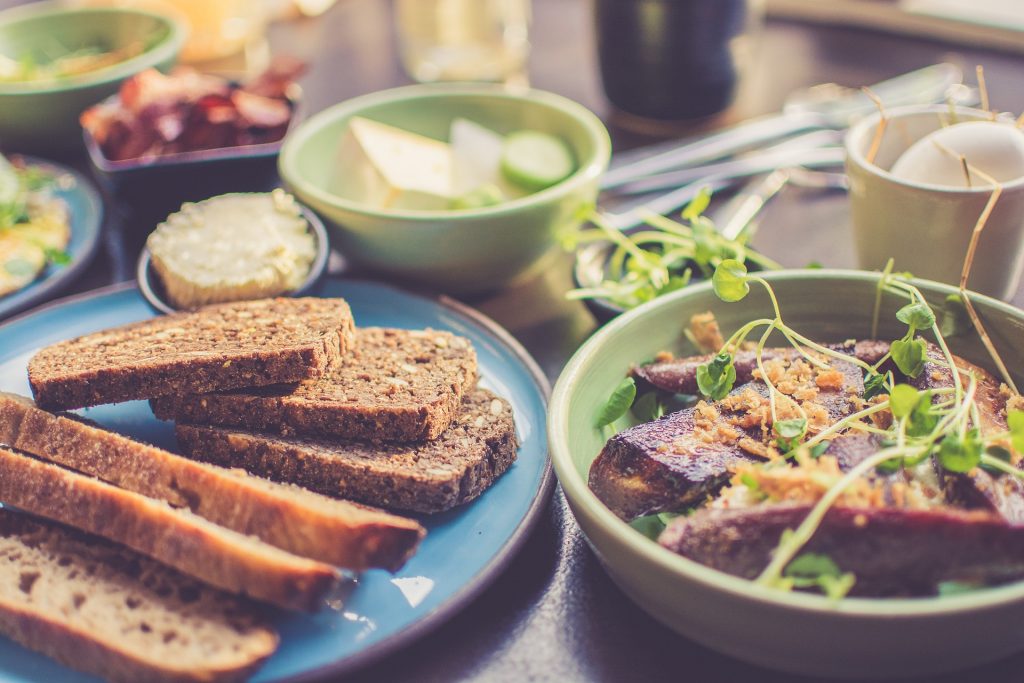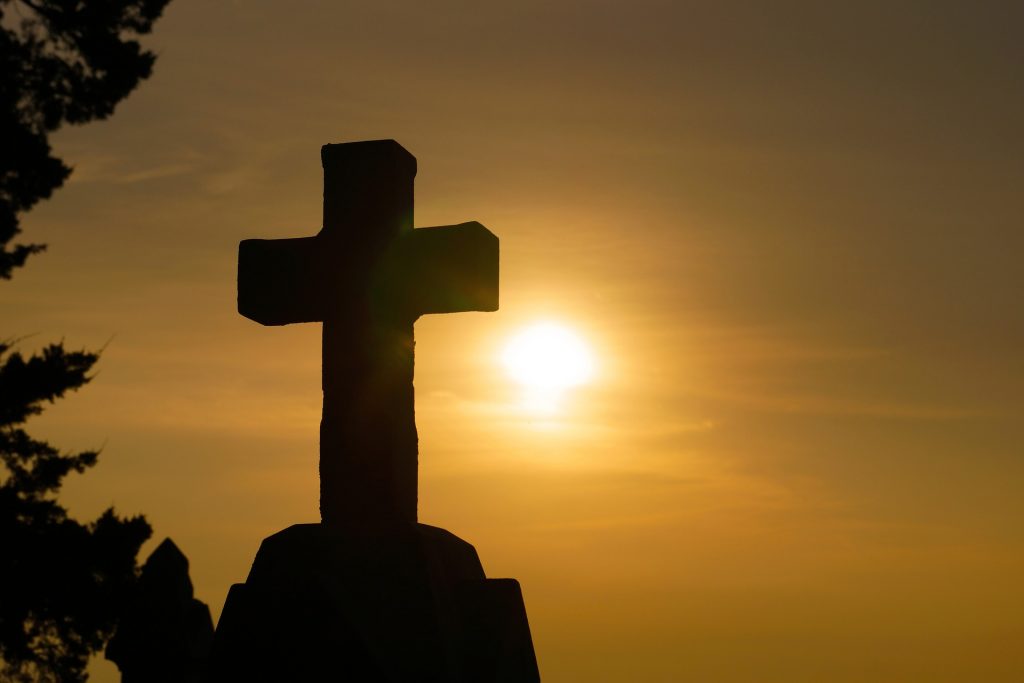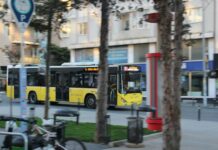Friday, 7 September
I stopped that day at Horsunlu, a small village at the eastern edge of the Menderes River valley. The river valley at that time of year is very beautiful. Figs and other crops are being harvested. The weather tends to be sunny still, but the heat of summer is breaking and people can comfortably sit out on their patios and their kids play in the streets. The hills leading to the plateau loomed in front of me, and I was looking forward to the change in scenery that would come in a few days as I began the climb up onto the plateau.
I spotted a park in Horsunlu that looked inviting, but first I wanted to get permission to sleep there. As I approached the tea garden a couple of guys waved me over and invited me to sit with them. We chatted for a few minutes, and then I launched into my standard spiel:
“Is it okay if I camp in the park tonight? I’ve got a tent, a sleeping bag, everything I need to sleep outside.”
They said, “Sure. You are welcome to sleep in the park.”
I asked them if there was anyone else I needed to speak to. One of the guys said that he was the administrator of the park and there was no higher authority.
I made a mental note to myself, Excellent, that administrative task has been taken care of. I could relax now, I had a place to sleep that night.

They recommended restaurants to me, but since there was still plenty of light outside and I wasn’t hungry yet, I just continued drinking tea with them.
After about 30 minutes I carried my pack over to the park and set up camp. It was still light outside, so I leaned back into the soft grass, propped my feet up against a tree, and wrote in my journal for a while. Even though I was in a public park in plain sight of curious passersby, I felt comfortable and relaxed.
Shortly after sunset the farm workers began coming home from the fields. A young man and his mother emerged from one of the homes across the street and walked towards me carrying the largest plate of food I’d seen in a long time — figs, lentil soup, shepherd’s salad, olives, yogurt, cheese, a plate of bread, and some çay. They introduced themselves (the young man was named Hüseyin) and offered the food to me.
I told them thank you very much, but I am not hungry. I had quickly learned that villagers were going to offer me whatever food they had, and I was too modest to accept, so I had started getting into the habit of eating before I arrived in a village. If I entered a village with a full stomach, I could politely refuse offers of food and still not go to bed hungry.
However, Hüseyin and his mother would not take no for an answer, and insisted on setting the plate of food on a bench for me to eat later. They scurried back to their house across the street and I sat on the concrete retaining wall at the edge of the park to eat from the huge platter of food.

When I’d finished all I could eat, I carried the tray back across the street and left it at their doorstep. Since there was still a little light, I continued writing in my journal.
Shortly after dark the park magically transformed. The place where I had been relaxing in solitude suddenly came alive. While I’d been writing, someone had set up chairs and tables and had created a tea garden. Villagers began congregating in the park for the evening social hour — groups chatting over çay, some playing games, kids playing ball on the grass. A couple of older men, whom I recognized from the mosque across the street, saw me and called me over to their table. I walked over and sat down with them.
“How long will you stay here?” one of them asked.
“One night. I’ll leave tomorrow,” I said.
I saw a look of disappointment briefly cross their faces. I wondered why they’d be disappointed I was only staying one night.
“Are you Christian?” the same man asked.
“I guess, sort of.”
“Have you heard about Mohammed?”
I thought back to their look of disappointment a few moments before, and realized it was because they knew then that they had only one night to convert me to Islam.
“Yes, of course, I’ve heard of Mohammed,” I said.
“Do you know that the Bible is broken?” one of the others asked.
“No, how is it broken?”
“The Quran is a better, cleaner version of God’s word. It was dictated directly to Mohammed from God.”
“That’s nice,” I said.
“Given this, how could you not be a Muslim?”

In my broken Turkish I tried to tell them that their logic was good only if you believed in the premise. I didn’t believe the premise so I didn’t reach the same conclusion.
They tried the same argument again. I didn’t know if they didn’t understand my clumsy Turkish or if they just didn’t want to accept my answer.
I said again, “Your argument is logical if you accept the premise, but I don’t believe the premise, so your argument doesn’t resonate with me.”
We went through this three times. They pushed. I resisted. It became clear a conversion wasn’t going to happen that night, so we all got frustrated and agreed to disagree. We finished our tea. I smiled, said goodnight, and went back to my tent.
I slept soundly, falling asleep about 9:30 p.m., even though the park was still full of noisy villagers blowing off steam from the day’s labors.
Saturday, 8 September
The next morning I woke up about the same time the villagers were leaving for the fields. I wrote a note to Hüseyin and his mother, thanking them for their hospitality and telling them my mom would be very happy to know her son was being taken care of. Since they had both already left for work, I left the note on their doorstep, pulled on my pack and walked out to the main road.









